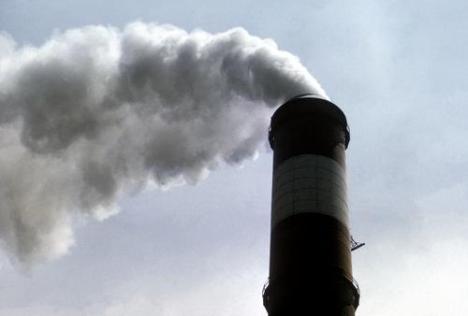 Here’s an interesting
video interview
with Dr. William Sammons,
the doctor who spoke in Traverse City just before that biomass plant was nixed.
Here’s an interesting
video interview
with Dr. William Sammons,
the doctor who spoke in Traverse City just before that biomass plant was nixed.
Is it more important to reach the target … or to say we have new information and we need to revise the targets and what qualifies?He’s talking about potential billions of dollars of health costs from particulates, about “waste” wood (what they say they will burn) vs. whole trees (what they end up burning), and most importantly about sustainability.
Biomass plants don’t have to report their CO2 emissions, so if all the proposed biomass plants get built we’re talking about as much as 800 million tons of CO2 from biomass plants by 2020, 12 to 14% of total CO2 emissions for the U.S. (not just power emissions: total national emissions). Trees don’t grow fast enough to suck all that back out of the air in ten years. Continue reading


